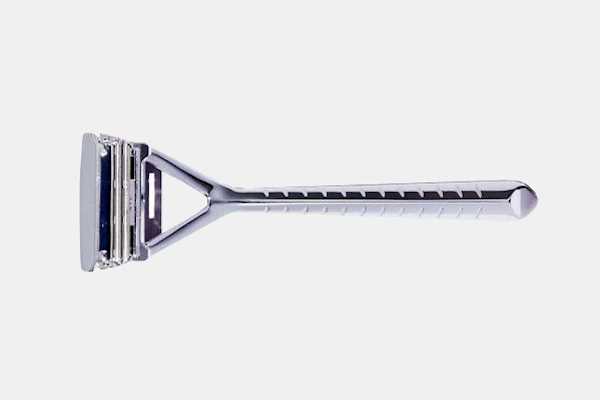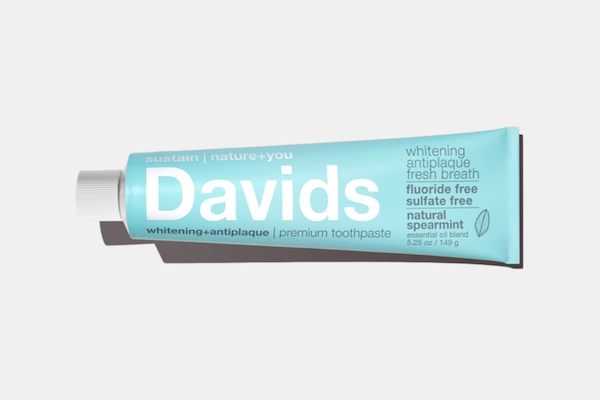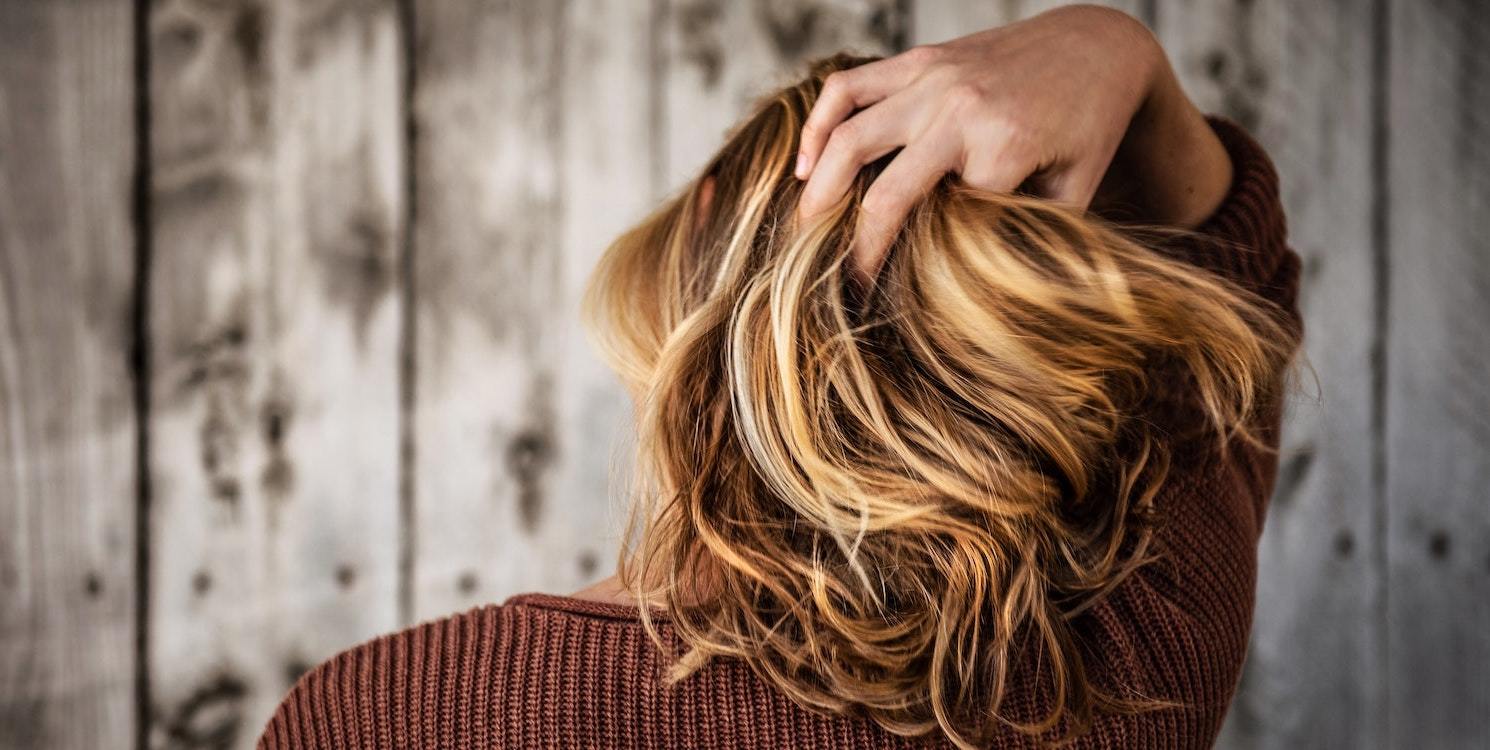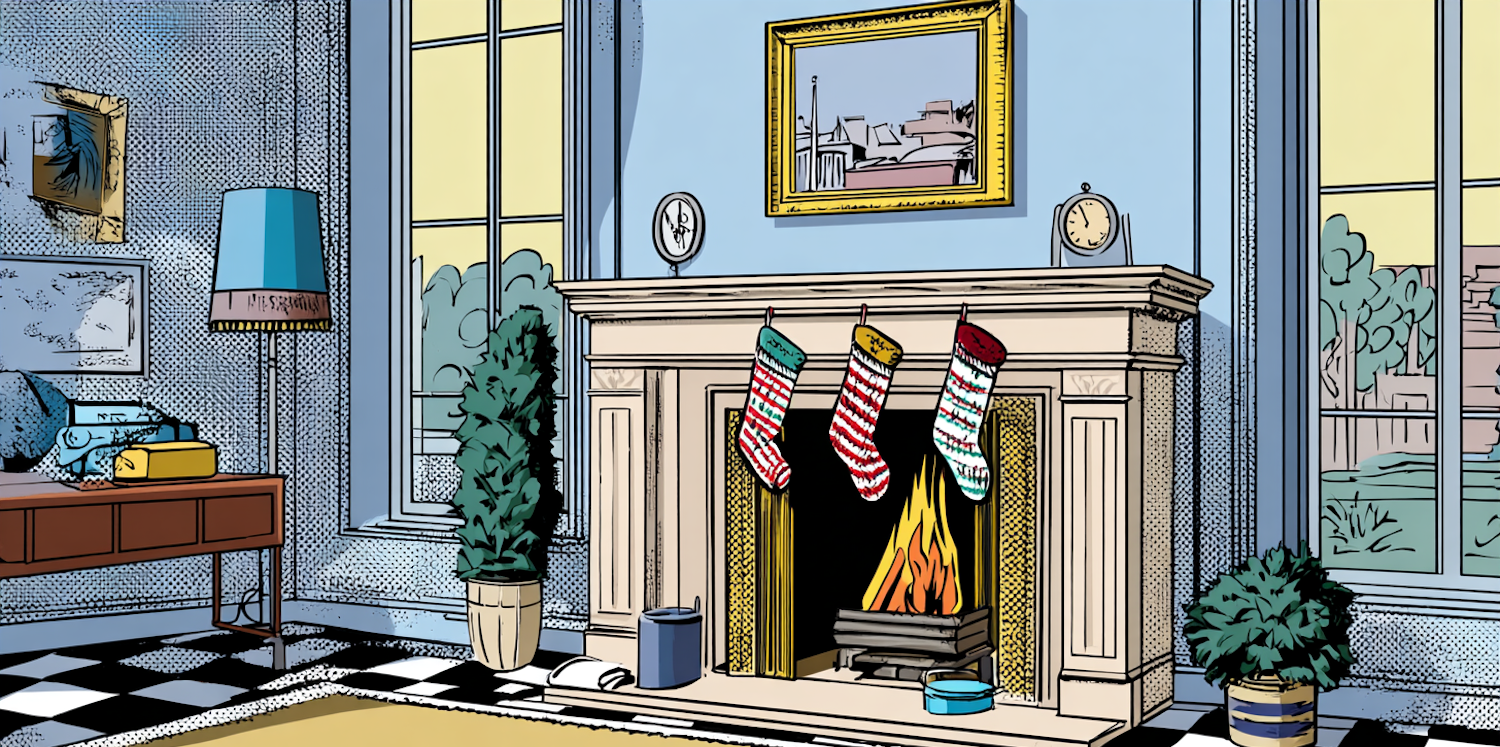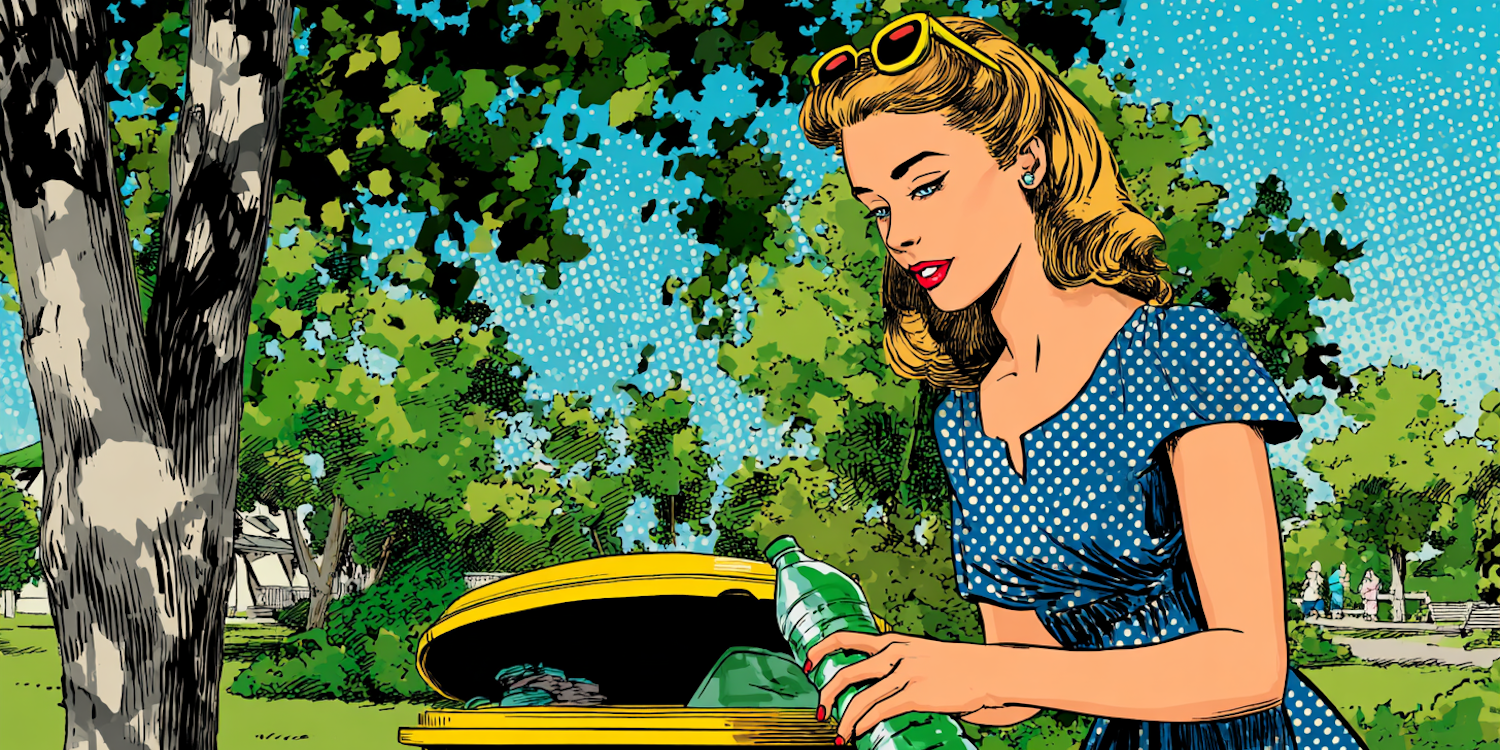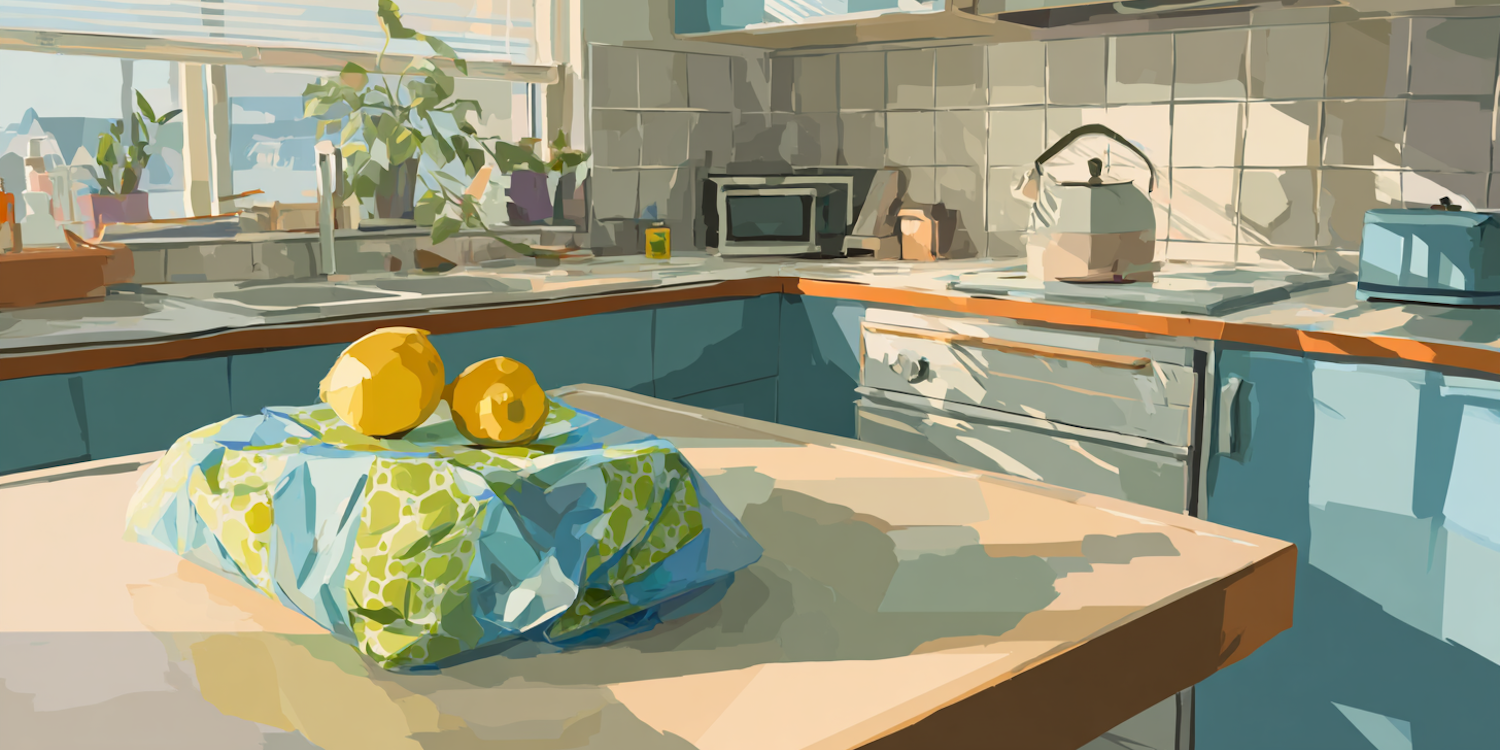To create a waste-free world and limit plastic production, it's essential to promote zero waste awareness. A zero-waste approach to health, beauty, and general lifestyles can protect community health by reducing air, water, and soil pollution, as over time plastics and wasteful packaging can become highly regulated with proper public education and demand.
A common misconception about limiting waste is that it only targets large aspects of our lives. For example, diet, travel, clothing, etc. However, it is crucial to understand that some of the greatest potential to limit waste or curb waste altogether, is through small, daily routines. Small routines are often overlooked for how wasteful they can be over time. For example, your daily, trip to your local coffee shop could have you using up to 365 single-use cups per year. More, if you visit more than once per day.
How Much Waste Does My Hair Routine Create?
Your daily hair care, and the waste it creates over time, may shock you. Especially so, if you use multiple products per day - which many of us do. Hair care is not limited just to hair products like shampoo and conditioner, hair accessories can also be included in your hair care routine. These include hair ties, clips, brushes, etc. Other hair care items are often electronic: hair dryers, hair straighteners, curling wands, etc.
Most of these items mentioned are manufactured with plastics and unregulated chemicals, and on top of posing health risks to humans, they go on to pose environmental threats. Shampoo, being one of the most widely consumed hair care products, is an environmental headache on its own. Approximately 550 million shampoo bottles are thrown away every year, and it's reported that only 1 in 5 people consistently recycle items from their bathroom. This makes sense when you think about it, as most of us don't keep a recycling bin in the bathroom. Unfortunately, this means, most shampoo bottles are doomed to live out their life in a landfill or worse: polluting the ocean and other waterways.
Creating a zero-waste hair routine may seem impossible, but when you choose a lifestyle without waste, you begin to pay closer attention to how your consumption habits impact the environment and your health. This alone will give you the motivation to keep experimenting and adapting your zero-waste hair care routine.
Zero-Waste Hair Routine
Like most new endeavors, starting can oftentimes be the most challenging part, but we're here to help you think through it. To begin, make a list of all the hair products and accessories you regularly use. Regularly is anything from daily to monthly. If you wish, include products that you use yearly or very infrequently. An example would be hair dye, if you dye your hair. Use this list to rank which products you use the most quantity of. For example, it can be assumed you use much more shampoo than you use hairspray on a daily basis.
The purpose of this is to understand what products you are likely to run out of faster, and buy more often. Once you have arrived on these products, you can start phasing out the plastic, wasteful products for more gentle, environmentally friendly options. Keep in mind that this will take some getting used to, especially since our hair routines are ones we typically develop at young ages; from the products we use, to the amount of times per week we upkeep and wash our hair.
Stepping away from our common routines can feel a bit overwhelming and possibly emotional. Remind yourself of why you are choosing to live differently; whether that be for your health, the planet, or both!
You can make sustainable swaps as fully forced or relaxed as you want to; progress is progress. Hair care is a ritual that makes us feel our best, and these are habits that we will go on to teach our children. So, it is important to develop a routine that works for you, your budget, and your hair type, as different hair types can require different products.
To assist you in your journey to a zero-waste hair care routine, we have provided a list of common products to switch to. Our hope is that these products will make your transition to a zero-waste lifestyle and hair care routine and easier one. However, don’t stop at our list! Always conduct your own research for zero-waste products that can better support your hair care and health goals.
Helpful Products for a Zero-Waste Hair Care Routine

Shampoo & Conditioner Bars
Shampoo and Conditioner Bars are formulated to do everything plastic bottles of shampoo and conditioner do, without the plastic. Bars often outlast bottled products, as they are easier to “dose”; we tend to overuse liquid products. Not only are they better for the planet, they are usually formulated with gentle ingredients that are non-toxic to humans, making them a healthier alternative. At Lochtree we love HiBAR Shampoo and Conditioner bars which you can find here in our Bath & Body Collection.
Wooden or Bamboo Brushes and Combs
Wooden or Bamboo Brushes and Combs are not only better options for the environment, as they are typically manufactured using sustainably harvested materials, but they are better for your hair. Wood and bamboo bristles are porous, and will allow your hair's natural oils to be spread more efficiently, moisturizing and nourishing your hair.
Zero-Waste Hairspray
Zero-waste hairspray is a great upgrade from ordinary hairsprays packaged in plastic containers and made with questionable ingredients. Many small businesses are hidden gems for natural, zero-waste products. Hair sprays are packed with bad-for-you-and-your-hair-ingredients, branch out and try a zero-waste option, which will typically arrive in a glass, reusable spray bottle.
Compostable Hair Ties
Elastic plastic hair ties, while small and easily overlooked, are polluting the ocean and environment. They cause species of wildlife to become entangled in them, and often cause death if ingested. More and more often, they are found during beach clean ups, and are frankly becoming an environmental nuisance. Make the switch to compostable hair ties made from 100% cotton fibers and natural rubber!
Let us know what you think of our list and how your zero-waste journey is going in the comments.

